Newsrooms and civil society organizations team up
Over the past year, I’ve interviewed more than 50 people for a research project on civil society/journalism collaboration. Though not (yet?) very common in the U.S., projects involving both journalists and civil society organizations — usually advocacy groups, though not always — are a fast-growing trend globally. A subset of collaborative journalism, these projects are almost always topic-driven; corruption, climate change, and women’s health appear to be the most common subjects. Moreover, it’s usually investigative journalism projects that gain the most benefit from partnering with civil society groups.
Why is this cross-field collaboration growing now? At least three developments have converged:
- First, information producers, especially journalists, can no longer rely on their content being seen via the usual channels. Collaborating with NGOs, universities, data visualization shops, and others helps their content have a broader reach.
- Second, the nature of investigative reporting in the digital age often necessitates myriad skillsets — technology, data, language and cultural considerations — that a single newsroom might not contain. Civil society organizations can provide this supplementary expertise.
- Third, given the staggering malfeasance that increasingly sophisticated (and costly) investigative journalism projects are uncovering, there’s less tolerance for subsequent inaction. Involving civil society organizations increases the likelihood that people will be held accountable and/or that policy will change.
While the benefits are somewhat straightforward, these partnerships are obviously not without complications. As part of this project, we’ve cataloged more than 180 journalism/civil society collaborations, and the issues to be worked through vary, depending on the geography of the partners involved, cultural differences, and workflow, to name just a few.
It’s clear that the rules and norms that defined journalism for decades are shifting. We’re seeing new alliances being formed to allow journalism to live up to the ideals that are still at its heart.
Sarah Stonbely is research director of the Center for Cooperative Media at Montclair State University.

Over the past year, I’ve interviewed more than 50 people for a research project on civil society/journalism collaboration. Though not (yet?) very common in the U.S., projects involving both journalists and civil society organizations — usually advocacy groups, though not always — are a fast-growing trend globally. A subset of collaborative journalism, these projects are almost always topic-driven; corruption, climate change, and women’s health appear to be the most common subjects. Moreover, it’s usually investigative journalism projects that gain the most benefit from partnering with civil society groups.
Why is this cross-field collaboration growing now? At least three developments have converged:
- First, information producers, especially journalists, can no longer rely on their content being seen via the usual channels. Collaborating with NGOs, universities, data visualization shops, and others helps their content have a broader reach.
- Second, the nature of investigative reporting in the digital age often necessitates myriad skillsets — technology, data, language and cultural considerations — that a single newsroom might not contain. Civil society organizations can provide this supplementary expertise.
- Third, given the staggering malfeasance that increasingly sophisticated (and costly) investigative journalism projects are uncovering, there’s less tolerance for subsequent inaction. Involving civil society organizations increases the likelihood that people will be held accountable and/or that policy will change.
While the benefits are somewhat straightforward, these partnerships are obviously not without complications. As part of this project, we’ve cataloged more than 180 journalism/civil society collaborations, and the issues to be worked through vary, depending on the geography of the partners involved, cultural differences, and workflow, to name just a few.
It’s clear that the rules and norms that defined journalism for decades are shifting. We’re seeing new alliances being formed to allow journalism to live up to the ideals that are still at its heart.
Sarah Stonbely is research director of the Center for Cooperative Media at Montclair State University.
Gabe Schneider

Jonas Kaiser

Brian Moritz

Jennifer Brandel

Juleyka Lantigua

Michael W. Wagner

Melody Kramer

Catalina Albeanu

Amy Schmitz Weiss
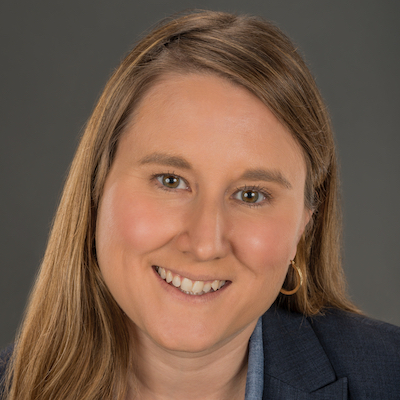
Natalia Viana
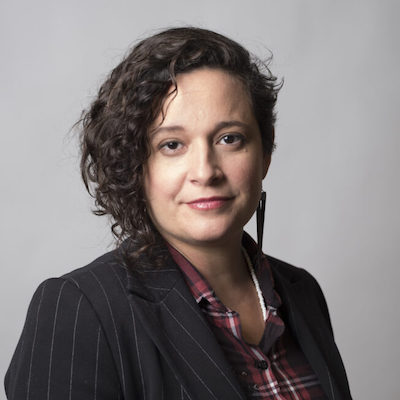
Paul Cheung

Jennifer Coogan
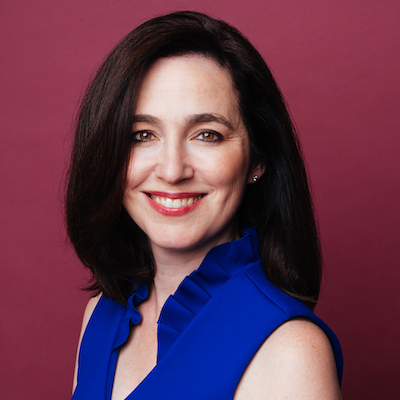
Burt Herman
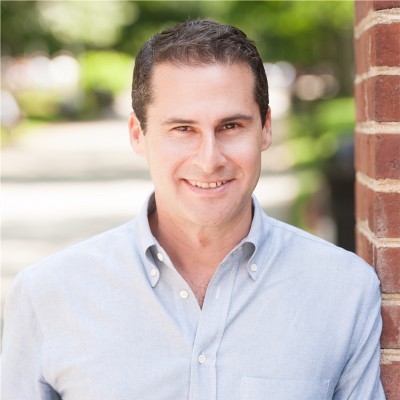
Nik Usher

Robert Hernandez
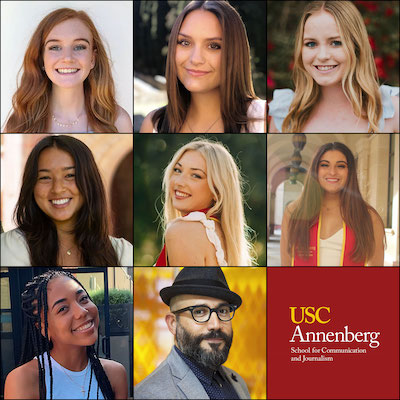
Moreno Cruz Osório

Cindy Royal

Tamar Charney
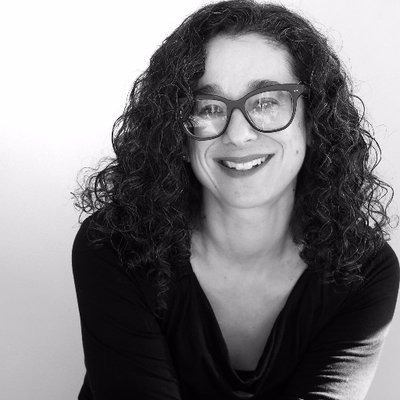
Andrew Freedman

Errin Haines

Joy Mayer

Chicas Poderosas

Rasmus Kleis Nielsen

Daniel Eilemberg

Gonzalo del Peon

Matthew Pressman

Zizi Papacharissi
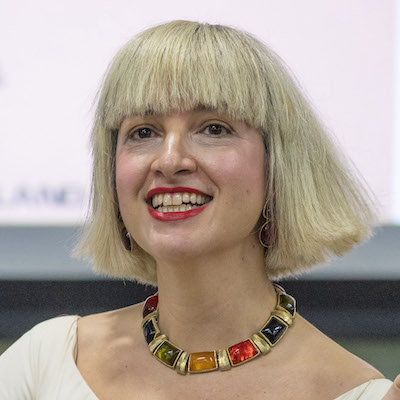
Stefanie Murray

Anika Anand

S. Mitra Kalita
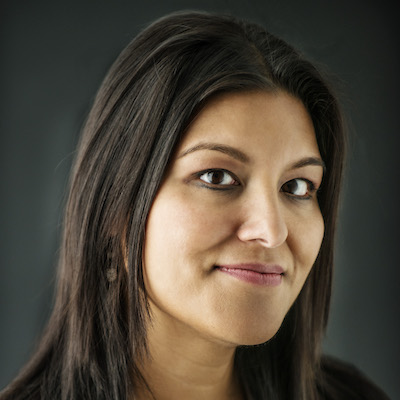
Amara Aguilar

Julia Angwin
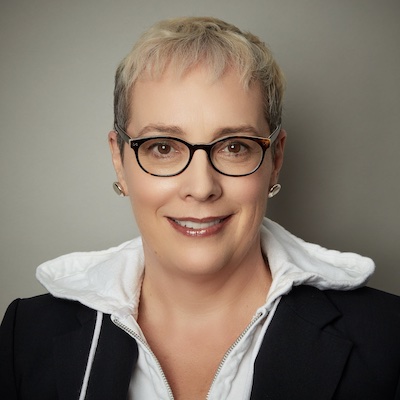
Whitney Phillips

James Green

Izabella Kaminska
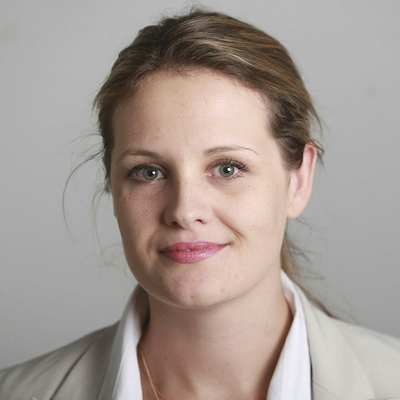
Eric Nuzum

Larry Ryckman

David Skok

Wilson Liévano
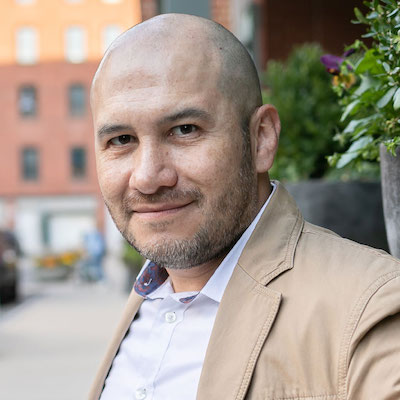
Chase Davis

Stephen Fowler

Joanne McNeil

Tony Baranowski

Parker Molloy

Joe Amditis

Don Day

Alice Antheaume
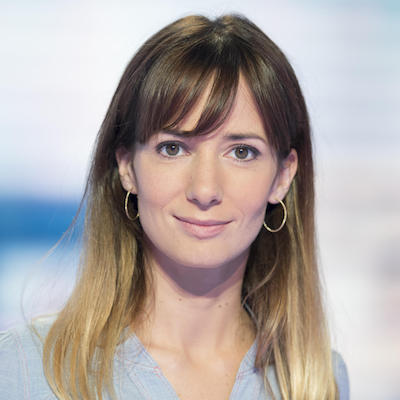
Francesco Zaffarano
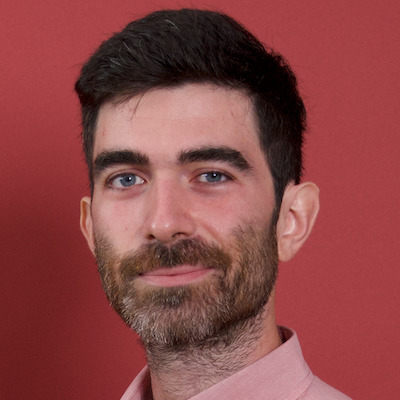
Joni Deutsch
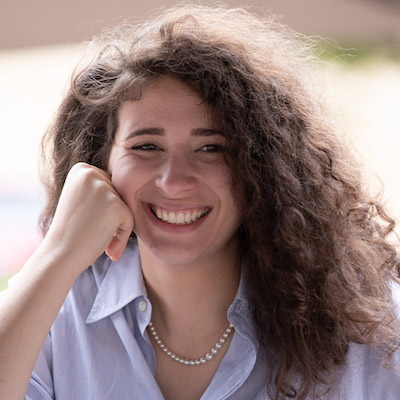
Doris Truong
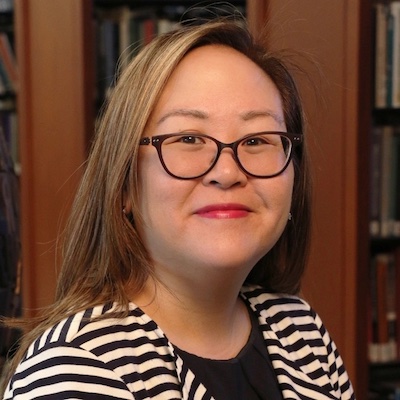
Anita Varma
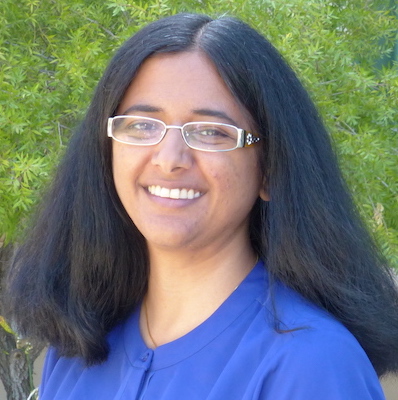
Laxmi Parthasarathy
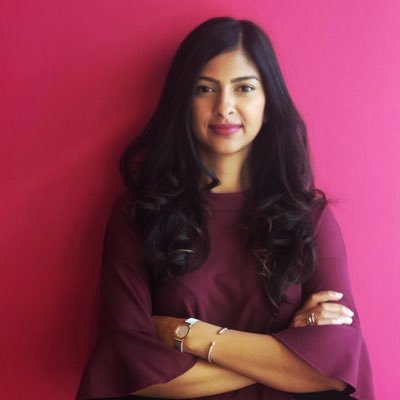
Megan McCarthy

Julia Munslow

AX Mina

James Salanga

Kristen Muller
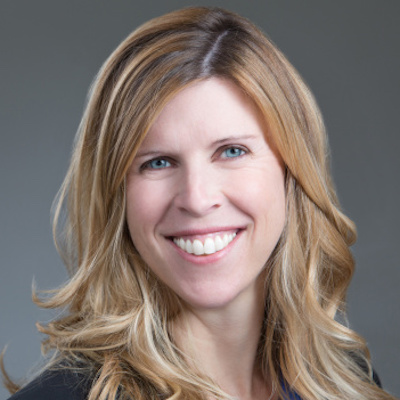
Kerri Hoffman
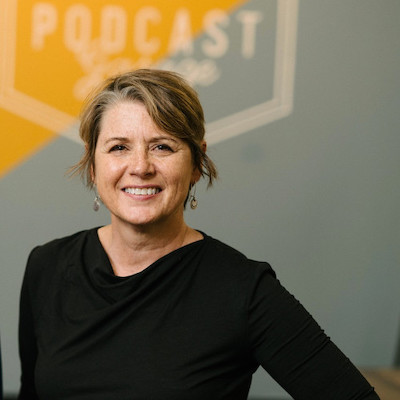
Cristina Tardáguila
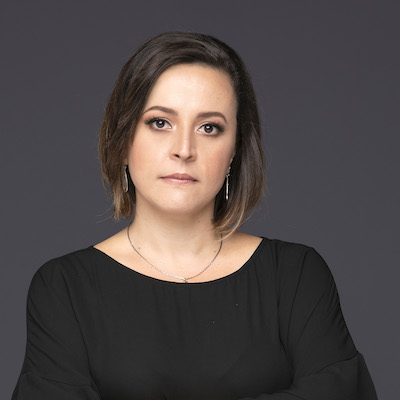
Mandy Jenkins

Jody Brannon

Candace Amos
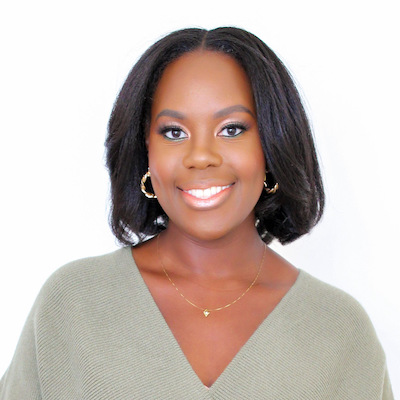
Mike Rispoli

Tom Trewinnard

Victor Pickard
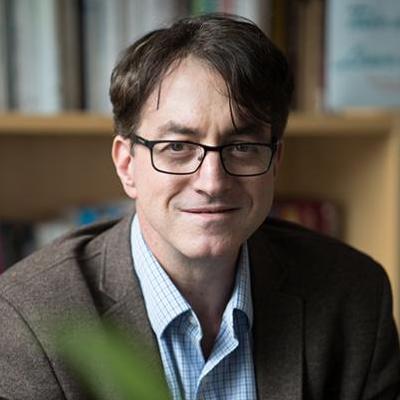
Millie Tran
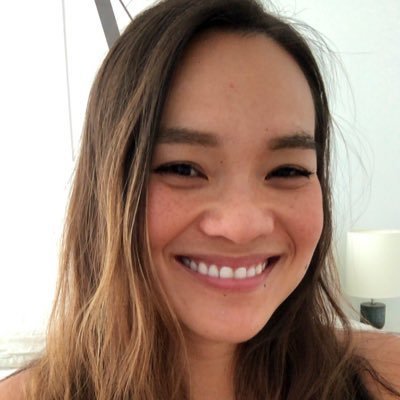
Joshua P. Darr

Matt Karolian
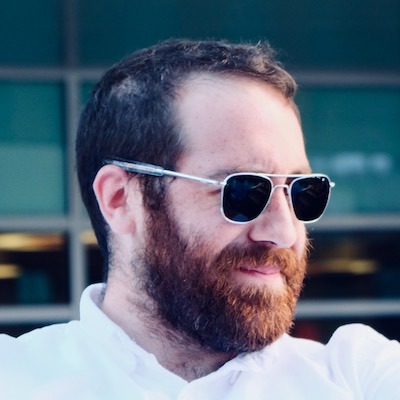
Gordon Crovitz

Ståle Grut

Ariel Zirulnick
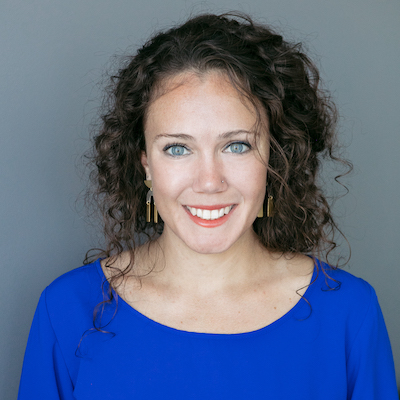
Simon Galperin

Mary Walter-Brown

Mario García
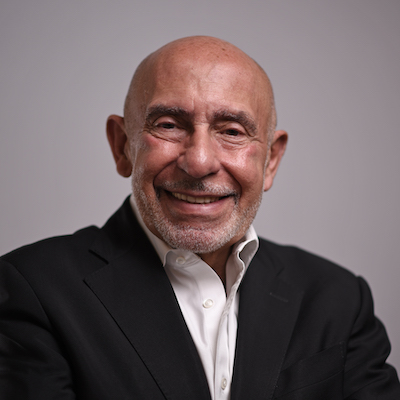
Jim Friedlich

Sam Guzik

j. Siguru Wahutu
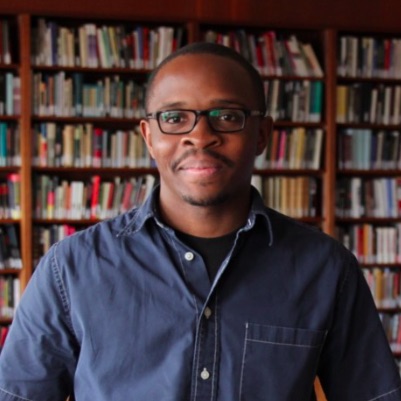
Cherian George
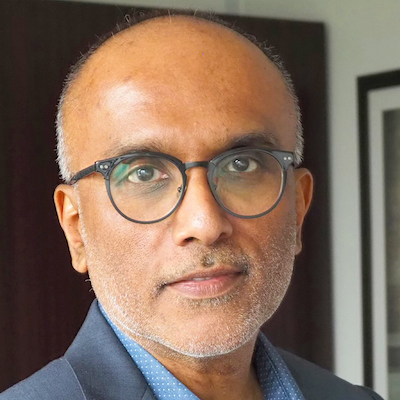
Jesse Holcomb
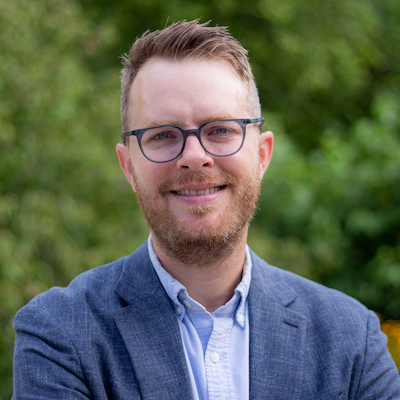
Christoph Mergerson
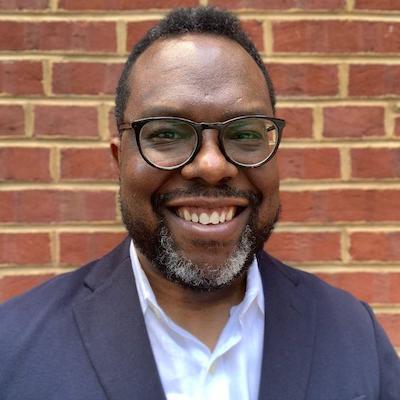
Kendra Pierre-Louis

Kathleen Searles Rebekah Trumble

Shalabh Upadhyay
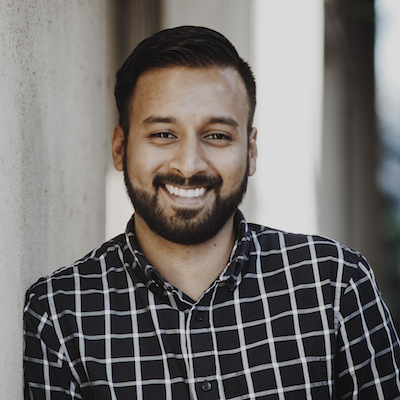
Richard Tofel

Jesenia De Moya Correa
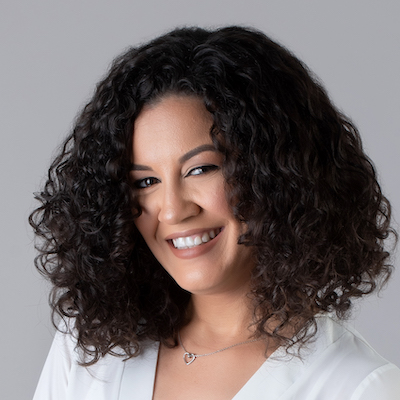
A.J. Bauer

Anthony Nadler

Sarah Stonbely

Rachel Glickhouse

Kristen Jeffers
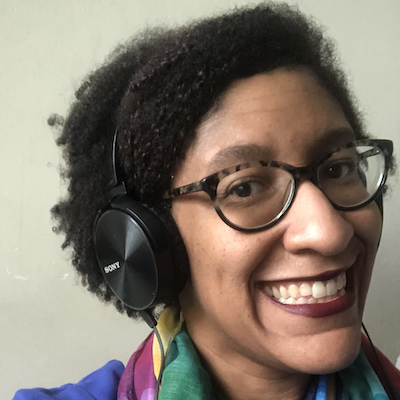
Christina Shih

Shannon McGregor Carolyn Schmitt

David Cohn

Jessica Clark

Simon Allison

Raney Aronson-Rath

Meena Thiruvengadam
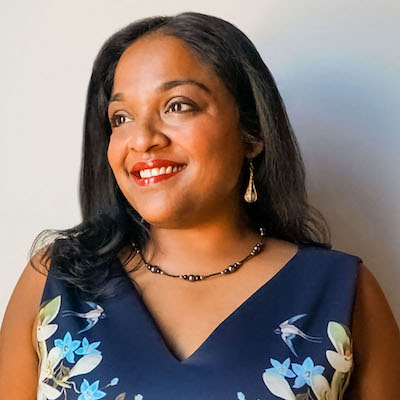
John Davidow

Sarah Marshall

Matt DeRienzo
